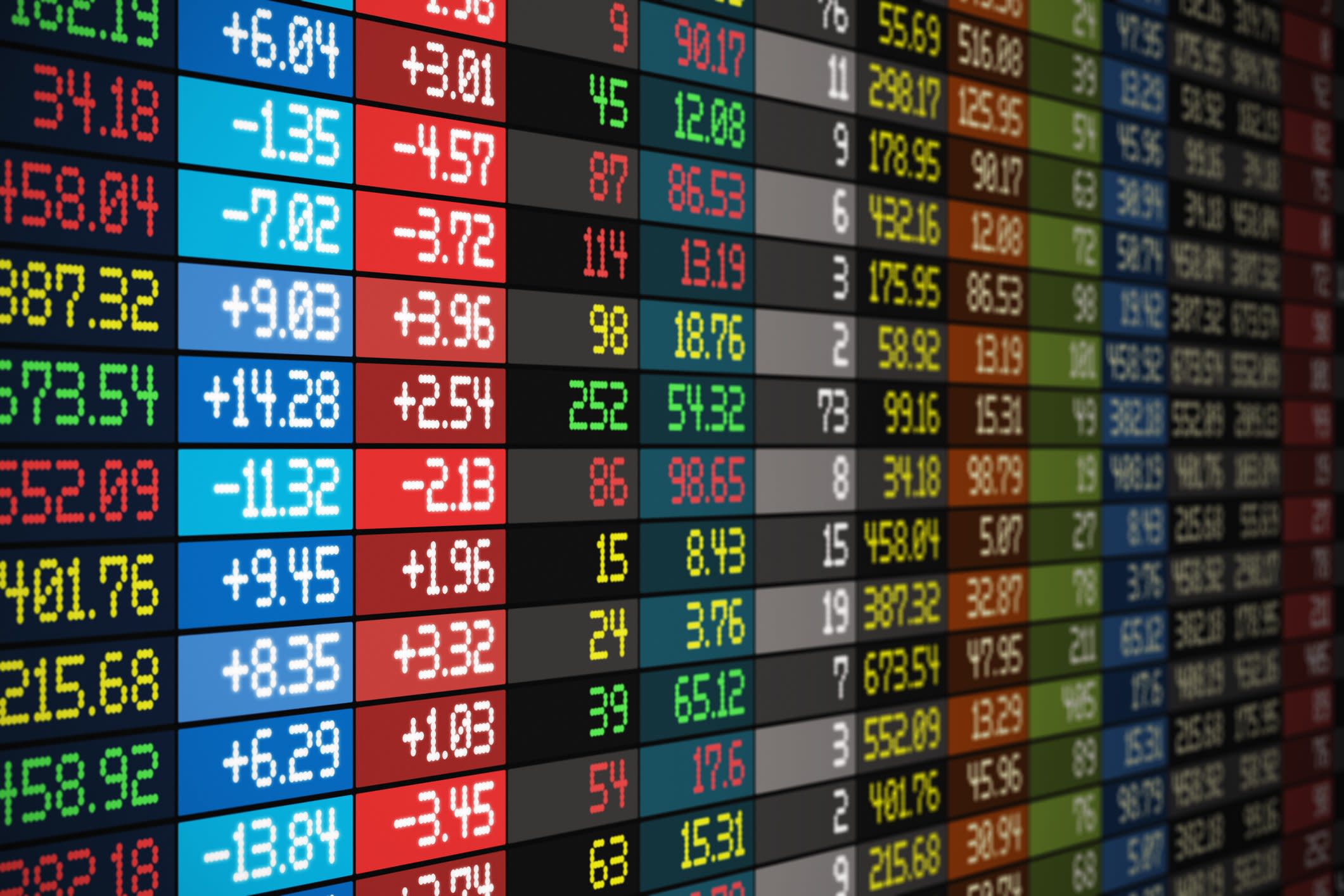Diving into the exhilarating realm of financial markets can lead to a myriad of questions, one of which is the relationship between option trading and day trading. While intertwined in certain aspects, these two domains possess distinct characteristics and appeal to different types of traders. Let’s delve into the intricacies of each method and identify their key differences.

Image: www.pinterest.com
Understanding Option Trading
Option trading involves contracts that grant the holder the right, but not the obligation, to buy (a call option) or sell (a put option) an underlying asset at a predetermined price, known as the strike price, on or before a specified date, called the expiration date. These contracts provide the flexibility to speculate on future price movements without the obligation to purchase or sell the underlying asset, making them suitable for a broader range of risk appetites.
Delving into Day Trading
On the other hand, day trading revolves around the concept of opening and closing positions within the same trading day, capturing short-term price fluctuations. Day traders leverage real-time market analysis, technical indicators, and agile decision-making to identify potential profit opportunities. The goal is to capitalize on intraday price movements and exit positions before the market closes, aiming to limit risk and maximize potential returns.
The Essence of Distinction
Despite their similarities in leveraging financial instruments to capitalize on market movements, option trading and day trading diverge in several fundamental ways:
- Time Horizon: Option trading often involves holding positions for days, weeks, or even months, while day trading focuses on capturing short-term movements within a single trading day.
- Risk Profile: Option trading offers risk-limiting strategies such as buying options instead of selling them naked, while day trading generally carries higher risks due to shorter holding periods and the potential for substantial losses in volatile markets.
- Capital Requirements: Option trading may require less capital upfront than day trading, as options premiums can be lower than the full purchase price of the underlying asset.
- Trading Strategies: Option traders often employ diverse strategies such as covered calls, protective puts, or spread trading, while day traders typically rely on technical analysis and momentum-based strategies.

Image: finance.yahoo.com
Leveraging Market Trends
The dynamic landscape of financial markets presents ever-evolving opportunities for traders. Day traders can capitalize on intraday fluctuations driven by news events, economic data releases, or technical patterns. Option traders, on the other hand, can position themselves for longer-term trends or hedge against potential risks by utilizing options contracts.
Expert Insights and Practical Tips
To navigate the complexities of these trading disciplines, consider the following tips and expert advice:
- Embrace Education: In-depth knowledge of market dynamics, trading strategies, and risk management are crucial for success in both option trading and day trading.
- Practice Risk Management: Implement sound risk management practices such as stop-loss orders and position sizing to mitigate potential losses and preserve capital.
- Leverage Technology: Utilize trading platforms, software, and mobile applications that offer advanced charting capabilities, real-time data feeds, and automated execution.
- Seek Mentorship: Connect with experienced traders or mentors who can provide guidance and support on your trading journey.
FAQs on Option Trading vs. Day Trading
Q: Can I engage in both option trading and day trading?
A: Yes, it is possible to participate in both option trading and day trading. However, it requires a deep understanding of both disciplines, effective risk management, and the ability to manage multiple trading strategies.
Q: Which trading method is more suitable for beginners?
A: Option trading may be a more accessible starting point for beginners due to its lower capital requirements and flexible risk profiles. Day trading, on the other hand, demands a higher level of skill, experience, and risk tolerance.
Q: How do I determine which trading style suits me best?
A: Consider your risk tolerance, time availability, financial resources, and personality. Option trading may suit individuals seeking long-term exposure and risk management, while day trading may be more appealing to those comfortable with higher-risk, short-term trading.
Is Option Trading The Same As Day Trading
Conclusion
Option trading and day trading offer distinct paths in the financial markets, each catering to specific trading styles and risk appetites. Option trading provides flexibility, risk-limiting strategies, and long-term exposure, while day trading emphasizes intraday price movements, rapid decision-making, and higher potential returns. By understanding the nuances and characteristics of each method, traders can make informed decisions and embark on their trading journey with clarity and confidence. Are you intrigued by the world of options trading or day trading? Explore the resources and educational materials available to deepen your understanding and navigate these dynamic markets.






